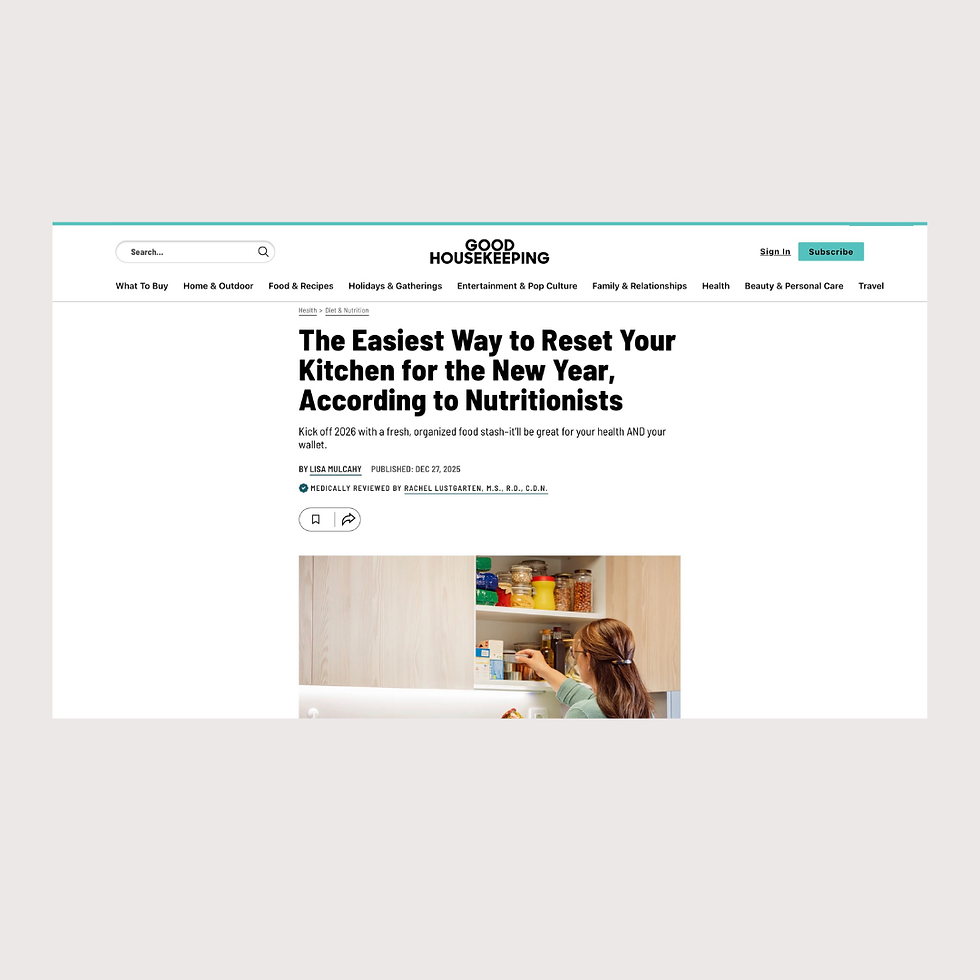Early Puberty and Childhood Obesity – Is there a connection?
- Sue-Ellen Anderson Haynes

- Sep 30, 2021
- 2 min read
Updated: Dec 13, 2021

What does early puberty actually mean? Signs of acne, breast growth, first period, pubic and underarm hair, etc; when this happens before age 8 it’s called precocious puberty. The average age of menarche (first period) currenlty is 13, but back in 1840 it was 16.5 ! (1) - Now this is food for thought! Why are girls menstruating earlier ?
Just being a girl increases your risk for precocious puberty but if you’re also an African American, overweight, had previous exposure to hormone (such as estrogen/testosterone) medication/supplements or have an underlying medical condition, your chances increase even more (2).
Early puberty hasn't been getting enough attention
and it’s a missed opportunity to help girls prevent illness such as increased risk of diabetes and pre-menopausal breast cancer. Factors such as race, nutrition, genetics, and environmental exposures influence early puberty. Additionally, several studies report that girls with higher body fat show signs of early puberty development (3). So, the connection is clear but what can be done in the prevention and management of early puberty related to controllable factors listed above?
The Month of September is National Childhood Obesity Awareness Month.
One of the goals is to bring awareness to the increased rates of obesity among children and to better understand the impact it can have on their health – reproductive health, social health, mental health, physical health…

Here are some things you can do to encourage healthy behaviors without focusing on their weight:
1. Encourage daily movement – at least 60 minutes (break it up in 2-3 sets for attainability).
2. Reduce screen time by engaging in more movement as a family – playing hide and seek, tag, jump rope, relays, bike rides, walking.
3. Swap out snacks like chips (yes, even those veggie chips!) with fresh fruit and vegetables and healthy dips.
4. Bring your daughter in the kitchen to help with meal prep and cooking.
5. Try one new fruit and vegetable each week – eat the rainbow!
6. Make healthier food swaps and desserts – a registered dietitian nutritionist can help you create meals and upgrade your current ones to lower calories without compromising taste.
7. Pay less attention to how they look and more attention to how they feel – their confidence is important. Positive affirmations are helpful.
8. Follow up regularly with your healthcare team to get metabolic testing – blood, urine, saliva.
9. Get educated on what’s in the environment such as hormone/endocrine disruptors in food and beauty products – download our free ebook guide “Chemicals Girls & Women Should Avoid in Beauty and Food Products.” For further assistance in discussing health goals for young girls book a discovery call with our Women’s Health Registered Dietitian Nutritionist.
Visit our SHOP page
to learn about our favorite health and wellness products to support girls and women through the complete life cycle - physically, mentally, and spiritually.
References
1. Age of Menarche
2.Precocious Puberty. Mayo Clinic.
3. Association between Obesity and Puberty Timing: A Systematic Review and Meta-Analysis
https://www.ncbi.nlm.nih.gov/pmc/articles/PMC5664767/

































Comments